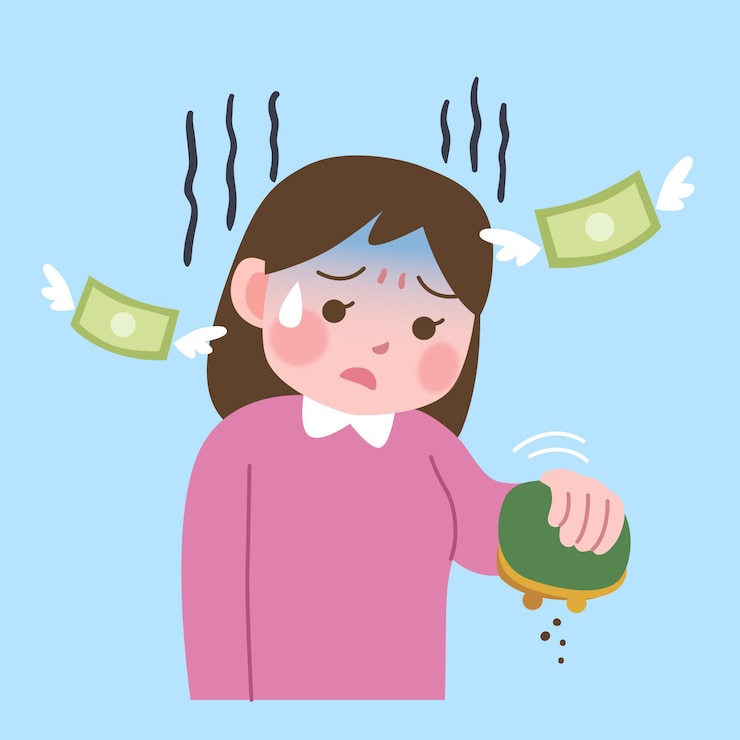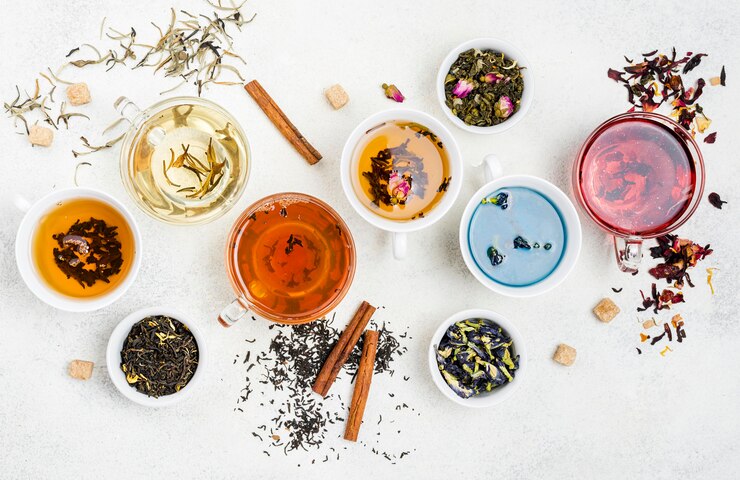
When we think about inflammation, we usually picture pain, redness, and swelling—like when you sprain an ankle. This is your body’s way of fighting back or healing from things like infections, injuries, or toxins. Acute inflammation is temporary; it’s your body’s response to issues, switching off once the problem is resolved. But chronic inflammation poses a significant concern since the chemicals don’t stop, leaving your body on constant high alert.
Meet inflammaging: chronic inflammation that speeds up aging. It’s linked to illnesses such as Alzheimer’s, heart disease, type II diabetes, and cancer. On the outside, it’s connected to aging skin.
**What Causes Inflammaging?**
Factors such as environmental pollutants, diet, stress, smoking, obesity, and radiation contribute to inflammaging. Another cause is cellular senescence, where cells stop dividing permanently but don’t die, continuing to release inflammatory chemicals.
Aging is a natural part of life, but unfortunately, our diet and habits can hasten this process by creating ideal conditions for inflammation. The good news is there are many ways we can influence our diet and lifestyle to slow and reduce inflammaging.
Let’s explore the best and worst foods for inflammaging and lifestyle habits that can help prevent it.
**The BEST Foods to Reduce Inflammaging**
These foods help reduce inflammaging because they have anti-inflammatory properties, like specific vitamins, minerals, or phytonutrients that calm inflammation. Many also benefit gut health, thanks to polyphenols and other prebiotic elements.
**The WORST Foods for Inflammaging**
This list includes foods that increase inflammation and support harmful gut microorganisms like parasites and undesirable bacteria or fungi.
**Lifestyle Factors to Combat Inflammaging**
1. **Movement.** There’s a quote worth repeating: we don’t stop exercising because we age; we age because we stop exercising. Sedentary behavior is a major risk factor for heart disease and diabetes. Surprisingly, just 20 minutes daily of activity, like walking on a treadmill, can reduce inflammation. However, excessive exercise can increase inflammation by not allowing the body to rest and recover.
2. **Get enough sleep.** Adequate sleep is crucial for managing inflammation levels. Sleeping less than eight hours can raise inflammation markers. Check out these six simple tips for better sleep.
3. **Incorporate stress-reducing activities into your daily routine.** Practices like meditation, mindfulness, yoga, and nature walks can help lower mental and emotional stress. Even spending time on hobbies you love, like knitting, reading, or painting, can help decrease stress-related chemicals in your body, reducing inflammation.
4. **Just breathe.** Building on the previous point, breathing exercises can greatly reduce stress. One study shows that mindful breathing can lower stress chemicals in saliva. Another reveals deep breathing reduces stress response and heart rate. I personally recommend the 4-7-8 breathing method, which you can learn about here.
I hope this information motivates you to take steps toward preventing inflammaging, leading to a healthier, happier, and longer life.
**Great article!**
Very valuable info for everyone, thank you.
Thanks for always being supportive!
I’m dealing with persistent itchiness on my scalp and know it’s tied to inflammation from certain foods. I need to cut out gluten, dairy, and egg whites from my diet. It’s challenging with a full-time job. Thanks for sharing this article!
Glad to help! You can definitely do it! If you consume sugary foods, consider cutting them out first before eliminating other common triggers.


